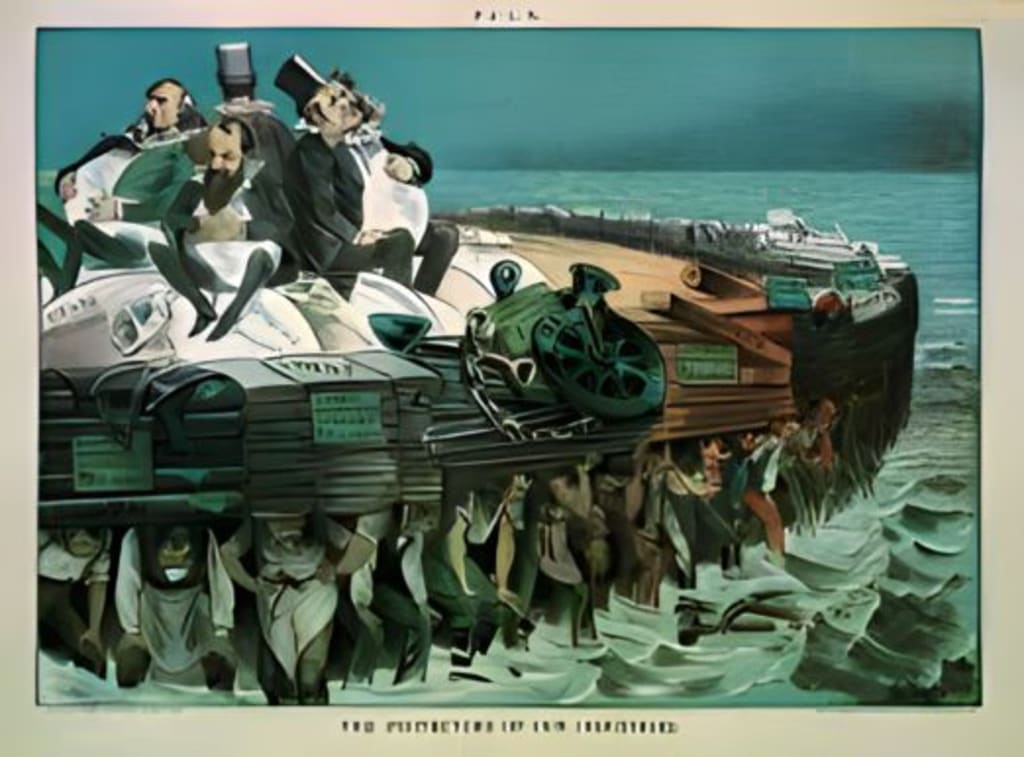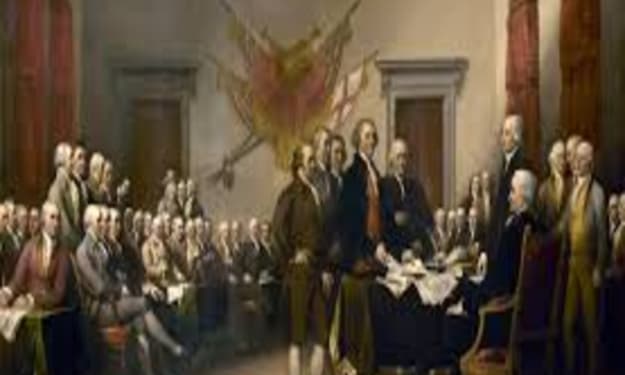The Progressive Era: A Time of Reform and Social Change in America
Seventh important topic of USA

Title: The Progressive Era: A Time of Reform and Social Change in America
Introduction
The Progressive Era, spanning roughly from the late 19th century to the early 20th century, was a period of intense social activism and reform in the United States. Fueled by the desire to address the social, political, and economic challenges brought about by industrialization and urbanization, the Progressive movement sought to create a fairer, more equitable society. In this article, we delve into the historical context, key reforms, and lasting impact of the Progressive Era on American society.
Context: The Need for Reform
The late 19th century witnessed the rapid growth of industry, urbanization, and immigration, which brought both opportunities and challenges. However, the accompanying social problems, such as labor exploitation, political corruption, economic inequality, and poor working conditions, prompted a growing discontent among many Americans. The Progressive Era emerged as a response to these pressing issues, driven by a belief in social justice, democracy, and the power of collective action.
Key Reforms of the Progressive Era
1. Political Reforms: The Progressive Era saw efforts to combat political corruption and increase citizen participation in government. Direct primary elections, initiative and referendum processes, and the direct election of senators were among the reforms implemented to enhance democracy and weaken the influence of party bosses and special interests.
2. Labor Reforms: The era witnessed a push for improved working conditions, fair wages, and workers' rights. Progressive activists advocated for shorter working hours, the abolition of child labor, and workplace safety regulations. Organizations like the National Consumers League and the Women's Trade Union League played significant roles in advocating for workers' rights.
3. Women's Suffrage: The Progressive Era played a pivotal role in the women's suffrage movement. Activists fought for women's right to vote, recognizing that political participation was crucial for achieving broader social and economic reforms. The efforts culminated in the ratification of the Nineteenth Amendment in 1920, granting women the right to vote.
4. Social Welfare Reforms: The Progressive Era saw a growing concern for social welfare and the need to address poverty and inequality. Progressive reformers advocated for the establishment of public education systems, social welfare programs, and the expansion of healthcare services. Figures like Jane Addams and her Hull House exemplified the dedication to improving the lives of the less fortunate.
5. Conservation and Environmental Reforms: The Progressive Era also witnessed a growing awareness of environmental conservation and the need to protect natural resources. Figures like President Theodore Roosevelt played a significant role in preserving and expanding national parks and initiating policies to regulate industrial pollution and promote sustainable practices.
Impact and Legacy
The Progressive Era brought about significant changes in American society and laid the foundation for future reforms. The era's reforms transformed the role of government, making it more responsive to the needs of its citizens. It also paved the way for the New Deal policies of the 1930s and the Great Society programs of the 1960s, which aimed to address poverty, racial inequality, and expand social welfare.
Additionally, the Progressive Era expanded the definition of citizenship and political participation, leading to the enfranchisement of women and increased engagement of citizens in the democratic process. It also fostered a sense of social responsibility and activism that continued to shape social movements throughout the 20th century, such as the civil rights movement and the feminist movement.
Conclusion
The Progressive Era stands as a pivotal period in American history, driven by a desire to create a more equitable and just society. The reforms and social changes that emerged during this era laid the groundwork for a more inclusive democracy, worker protections, and a growing awareness of social and environmental responsibilities. The legacy of the Progressive Era continues to inspire ongoing efforts to address societal challenges and promote
positive change in the United States.
About the Creator
Enjoyed the story? Support the Creator.
Subscribe for free to receive all their stories in your feed. You could also pledge your support or give them a one-off tip, letting them know you appreciate their work.





Comments
There are no comments for this story
Be the first to respond and start the conversation.